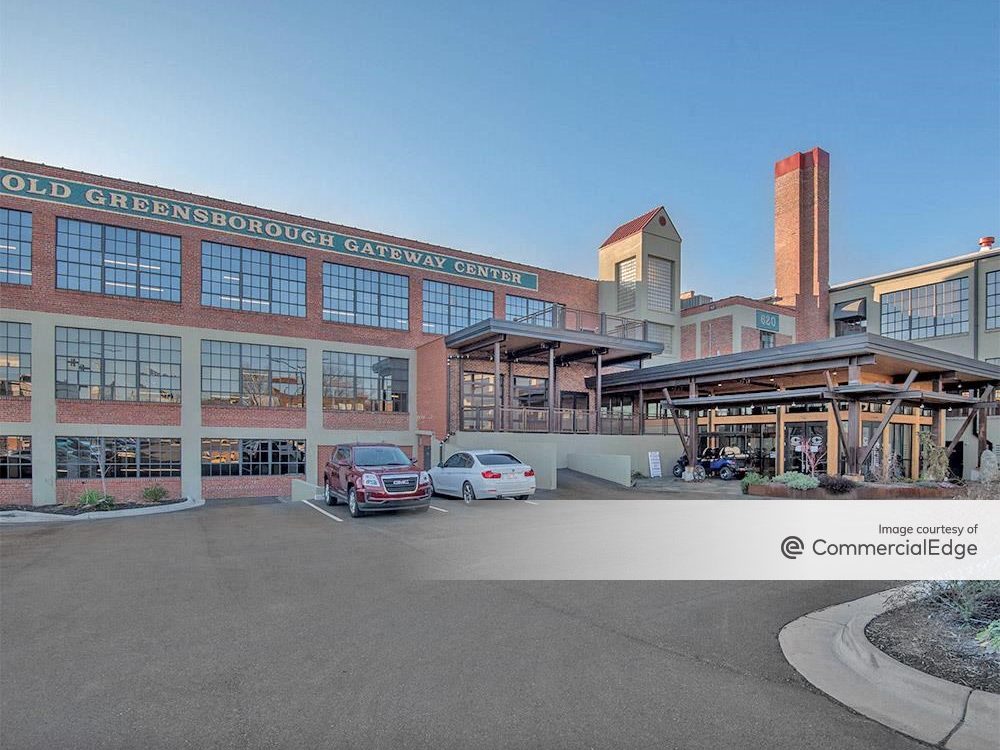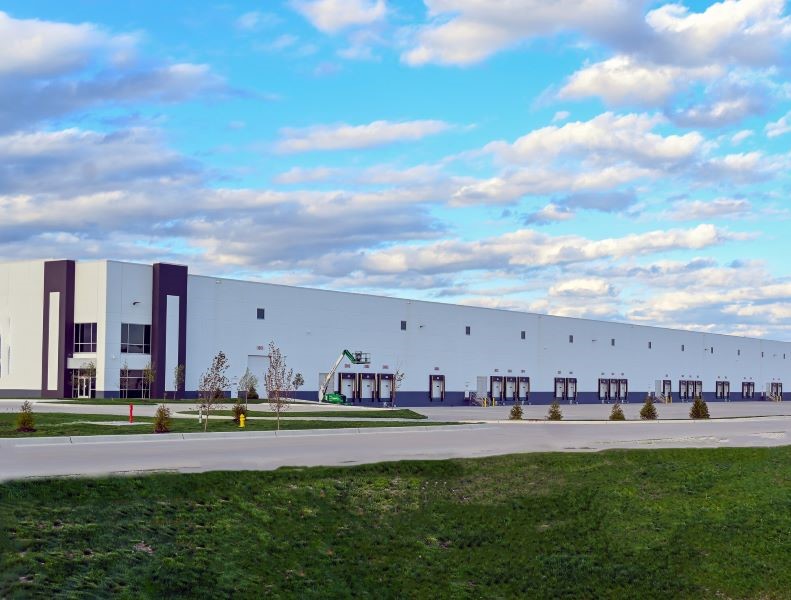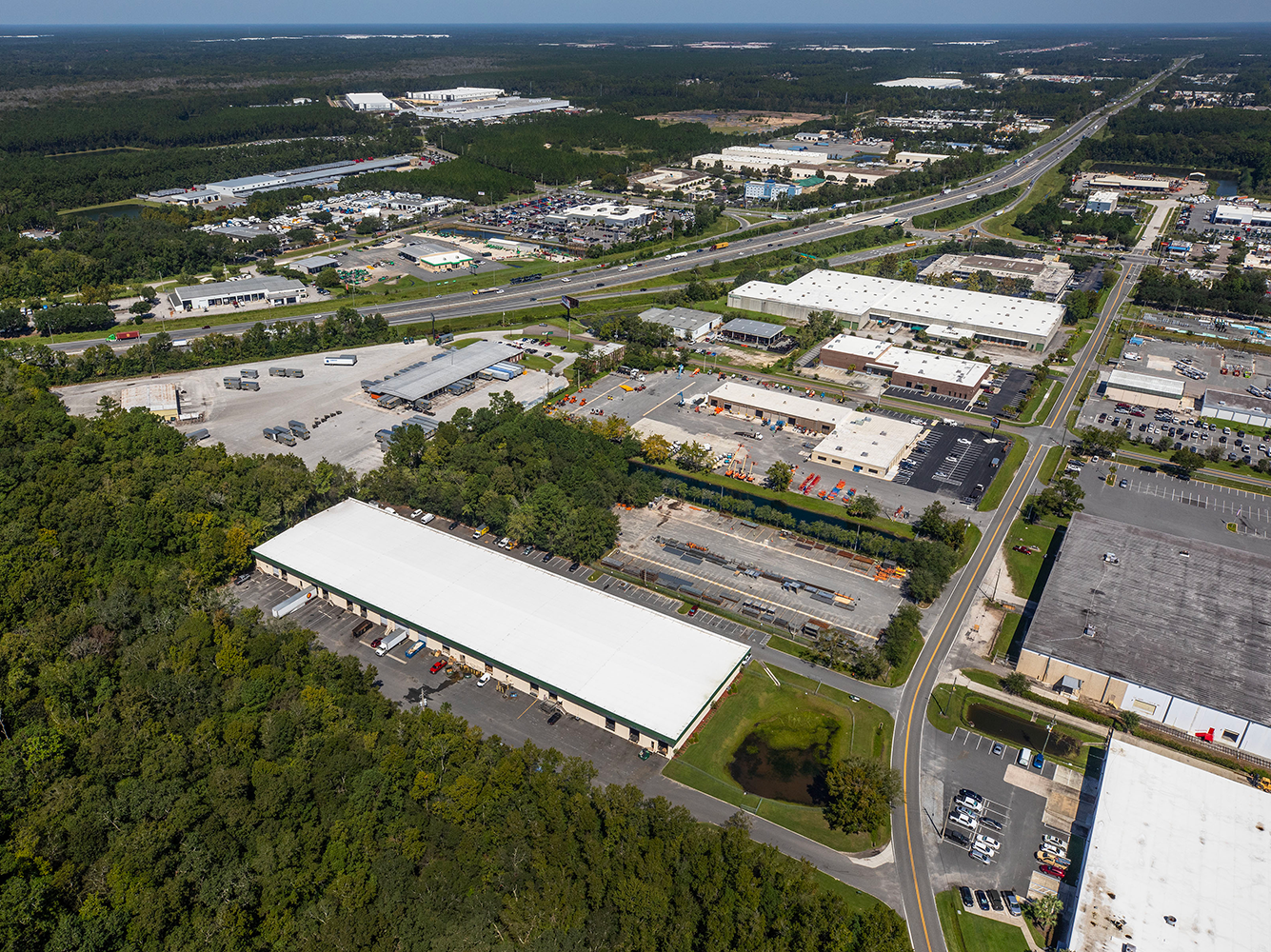Johnson Controls-Tyco Merger Disrupts FM Sector
The facilities management giants announced their merger, which will move Johnson Controls to Ireland and create an industrial powerhouse.
By Scott Baltic, Contributing Editor
The CRE world’s facilities management sector was where it usually is not—in the limelight—with yesterday’s announcement that Johnson Controls will merge with Tyco International “to create the leader in building products and technology, integrated solutions and energy storage.”
The two businesses will be combined under Tyco International plc, which will be renamed Johnson Controls plc and will maintain Tyco’s Irish legal domicile and global headquarters in Cork, Ireland. The combined company’s primary operational headquarters in North America will remain in Milwaukee, longtime home of Johnson Controls.
The Tyco portfolio’s focus on security and fire systems integration, commercial security monitoring, and fire, security and life safety products is intended to complement Johnson Controls’ long-standing platform in building systems. The rationale is thus that the new company will combine products, technology and service capabilities across controls, fire, security, HVAC, power solutions and energy storage, to serve markets including large institutions, commercial buildings, retail, industrial, small business and residential.
From that standpoint particularly, the deal calls to mind last September’s acquisition of Johnson Controls’ Global Workplace Solutions business by CBRE Group for an undisclosed amount. That transaction, too, was touted as highly synergistic, because GWS was a leading provider of enterprise facilities management services for global corporations and other large occupiers of CRE outside the United States, while CBRE’s facilities management services were then focused on the Americas. GWS had calendar 2014 revenues of more than $3 billion.
(Much has been also made, however, of the estimated $150 million in tax savings that will accrue to the companies from the corporate tax inversion inherent in the merger.)
“We see this as a tremendous opportunity for both companies,” through revenue growth, “tax efficiencies” and other factors, Johnson Controls spokesperson Fraser Engerman told CPE.
The merger announcement highlighted the new company’s strengths in advanced solutions for smart buildings and cities and in energy storage, where the company reportedly will have one of the largest platforms with capabilities in both traditional lead-acid batteries and advanced lithium-ion technology.
After the closing of the deal, which has been approved by both boards of directors, Johnson Controls shareholders will own about 56 percent of the equity of the combined company and receive aggregate cash consideration of about $3.9 billion. Current Tyco shareholders will own the remaining approximately 44 percent.
Johnson Controls’ CEO Alex Molinaroli will be chairman & CEO of the new company for the first 18 months once the deal is complete, while Tyco CEO George Oliver will become president & COO during the same time period. After the 18 months, Oliver will become CEO and Molinaroli will become executive chair.








You must be logged in to post a comment.